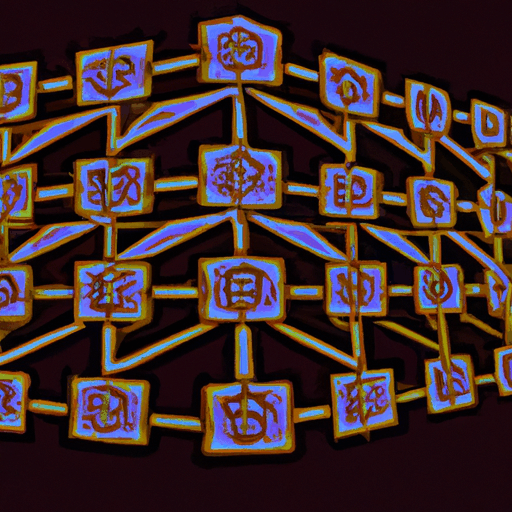
Bitcoin's Urgent Call for Quantum Resistance
By: Eva Baxter
Anatoly Yakovenko, co-founder of the Solana platform, has made a compelling case for Bitcoin to transition to quantum-resistant security measures to safeguard against future computational threats. Yakovenko, while speaking at the All-In Summit, emphasized the rapid pace of technological evolution, particularly in quantum computing and artificial intelligence, suggesting that action must be taken before the threat manifests imminently. He believes that the integration of quantum-resistant cryptography is inevitable and communities, such as Bitcoin, should expedite their adaptation to these advancements.
Yakovenko highlights the convergence of multiple technological breakthroughs which have accelerated the potential for quantum computing to outpace current security protocols. With tech giants like Google exploring these frontiers, Yakovenko asserts that the Bitcoin community should anticipate and prepare for potential vulnerabilities that could arise when quantum computing technologies become accessible. Drawing parallels between the development speeds of AI, Yakovenko notes that the leap from theoretical research to practical application is astounding, urging the necessity for the Bitcoin network to adopt quantum-ready signature schemes to protect its decentralized framework.
While Yakovenko's forecasts suggest a '50/50' chance of quantum breakthroughs in the near future, industry experts remain divided on the specific timeline predictions. Nonetheless, the conversation around quantum resistance has gained traction, with some experts believing that the shift to quantum-resistant technology could prove as transformative and wealth-generating as AI, provided the implementation occurs proactively. In urging this change, Yakovenko argues that the embrace of quantum-resistant cryptographic methods by tech giants like Google and Apple signals a pivotal moment for Bitcoin and similar networks to enhance their security architectures.
Despite these concerns, Yakovenko reassures that Bitcoin's robust infrastructure, particularly its reliance on proof-of-work as a consensus mechanism, continues to serve as a strong deterrent against present-day attacks. This integrity, he maintains, will ensure Bitcoin's survival amidst unpredictable technological shifts, as long as the network keeps its decentralized nature intact and reacts preemptively to looming technological challenges.



